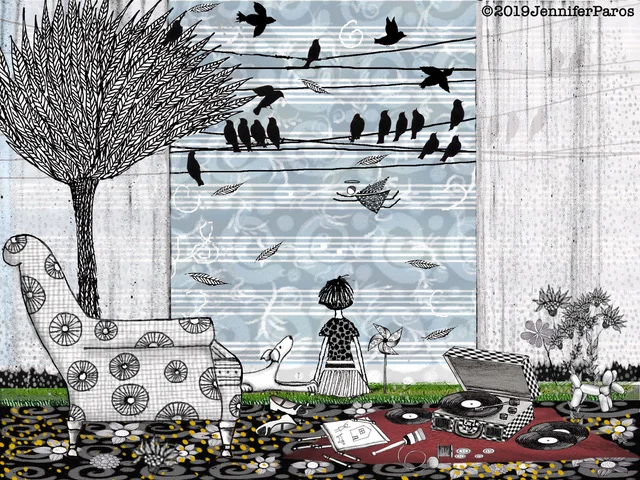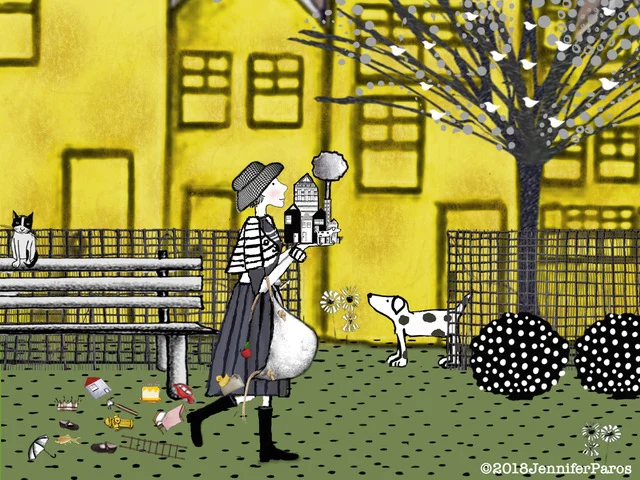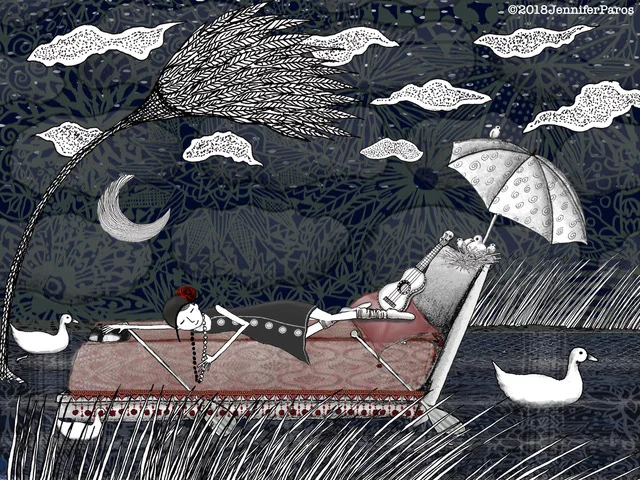Do agents really want new authors? Fresh talent? Or are they focused on those who are established money makers? The short answer? Hell, yes, they want you! After doing some basic research and taking a gander at what agents (and editors) are seeking for their lists, you will notice that there are myriad agents who are looking for innovative voices to represent. Agents and editors want to sign a career author – one they can work with for years, decades even, helping those writers grow and flourish under their guidance. Discovering a new writer is the goal of most people in the publishing industry because it’s a chance to launch a groundbreaking talent, to make a splash with an exciting author never seen before; an exhilarating opportunity to stoke great interest within not only the agent, but others in publishing: agents, publicists, marketing and sales teams. When an original voice creates a splash and a buzz, it fuels a fire within everyone involved, reminding them why they got into publishing in the first place. Why? Basic human nature: the thrill – of sparking a new, creative career, of bringing a unique voice to the marketplace, and honestly, of the promise of success for those involved in finding this needle in the haystack.
And how can you discover which agents and editors are open to and actively seeking new voices and talent? Handy-dandy Google. There are numerous articles and sites that provide updated information on which agents and editors are interested in debut authors and which specific genres intrigue them. These articles and sites then lead you to agency websites and even to up-to-the-minute Twitter accounts that give further details on what these agents and editors are on the hunt for currently and how to submit to them. There’s really no excuse in this day and age to send out your query to agents that you haven’t specifically targeted or to those that are not explicitly looking for your exact genre and a debut author. Just do your research!
Read More













